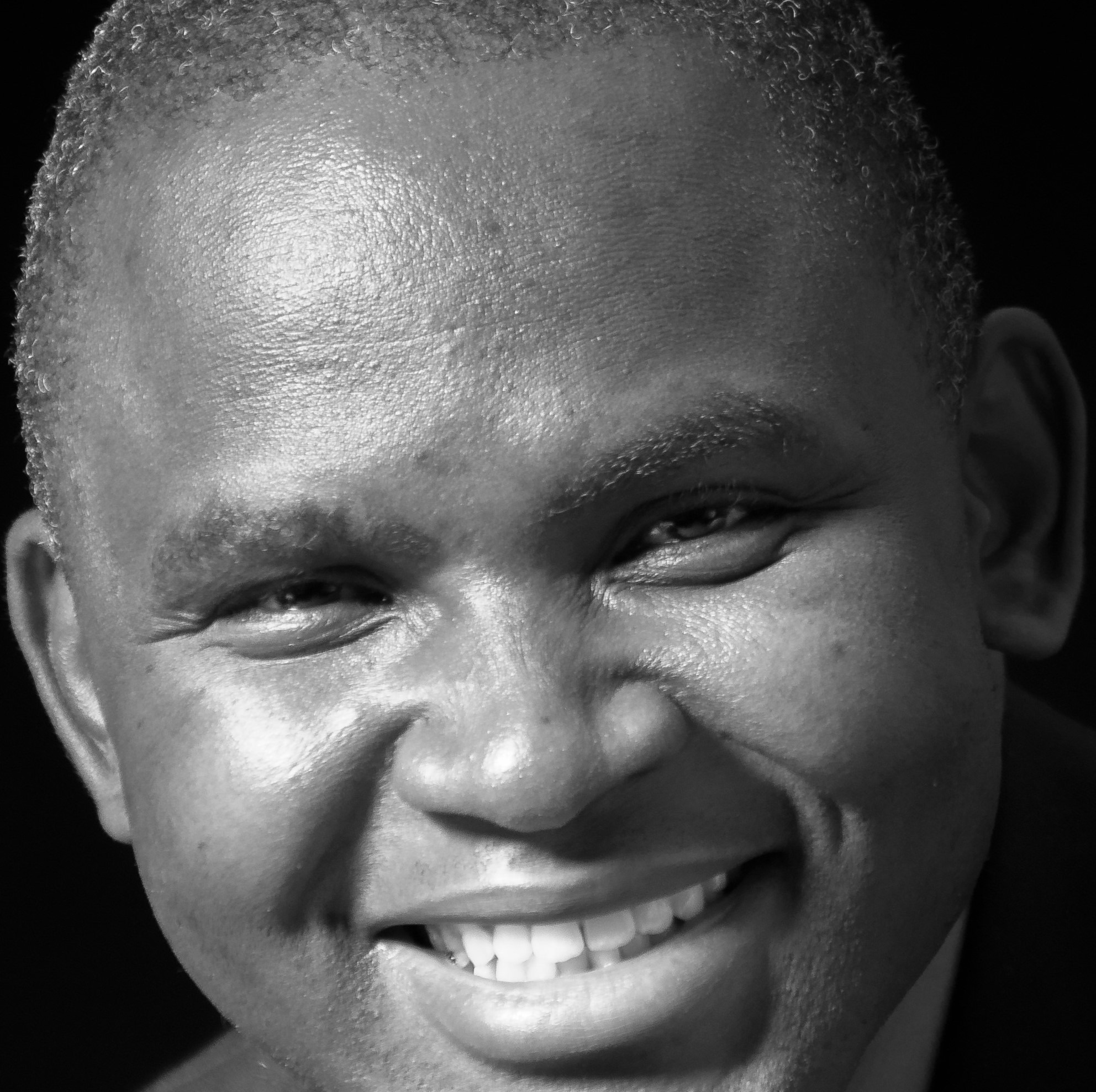Eight-point summary
- On June 21, 2022, the Berliner Zeitung, a leading German daily newspaper, made an exclusive press release on the findings of a new comprehensive study on the European Union-China competition in Africa by stating, “In what is probably the largest study of its kind, more than 1,000 African decision-makers were asked about Europe’s and China’s influence. The findings are disturbing.” Link to the press release in German: Studie: EU-Einfluss in Afrika schwindet rapide, China steigt auf (berliner-zeitung.de)
- The study was commissioned by the Friedrich Naumann Foundation for Freedom (Eastern Africa). It involved more than 1000 respondents drawn from 25 countries in the eight Regional Economic Blocs of Africa and from the African Diaspora drawn from 12 countries outside Africa. The data was collected over the period of October – December 2021. Stakeholder validation was conducted on March 9, 2022.
- The research report, entitled The Clash of Systems: African Perceptions of the European Union and China Engagement, was launched in Germany in June 2022. Link to the Report: Policy Paper : The Clash of Systems? African Perceptions of the European Union and China Engagement (freiheit.org).
- The researchers and authors of the report are from the Inter Region Economic Network (IREN-Kenya) and Taita Taveta University (TTU), which doubles as the hosting institution for the DAAD-funded Kenyan-German Centre of Excellence for Mining, Environmental Engineering and Resource Management (CEMEREM).
- Media houses in Kenya and Kenyan scholars and journalists are expected to show high interest in the report. They are invited to interrogate the 22 thought-provoking theses in the report and the narrative-modifying findings which place China ahead of the EU in the areas African policymakers consider most crucial for viable international development cooperation.
- The report also captures the current hot topic of debt-trap diplomacy as well as digital surveillance and data security – in which the EU and China are rated to be at par.
- The findings confirm that China has lately surpassed the entire EU combined in the total number of scholarships issued to Africans. China is also seen to be faster in decision-making, swiftly displacing the EU’s influence in Africa, especially with respect to the fast completion of infrastructure projects and trade in raw materials.
- The report ends up making one interesting and bold conclusion thus: “The silent but action-oriented path China treads is a winning salvo that can firmly challenge the EU’s eloquence and flamboyant rhetoric with one silencing counter-narrative: For China, it is easier done than said. For Europe, it is easier said than done.“
How is Germany shaping international development cooperation dialogue?
Higher education and development cooperation have been at the heart of Germany’s policy on foreign affairs and multilateral partnerships. Research, freedom of thought, and free dissemination of policy research outputs are critical pillars in public policy development.
The free distribution of published research products facilitated through the sponsorship of the German Friedrich Naumann Foundation (FNF) has been part of the mainstream efforts at wider publicity and involvement of all stakeholders in generative and reflective dialogue for policy development. In Kenya, the FNF has been contracting the Inter Region Economic Network (IREN), a private think tank, to conduct studies on wide-ranging topics on development cooperation.
The role of academia-industry collaboration: a Kenyan example
This attention-grabbing report is one of the outcomes of university-industry collaboration in Kenya. In Kenya, the Inter Region Economic Network (IREN) has been one such distinguished collaborator with universities on innovations and thought leadership. As a private think tank, IREN-Kenya has been in operation over the last two decades. IREN has delivered on the collaborative missions through Enactus, IREN Technologies and Innovation Platform (ITIP), East Africa Thought Leaders Forum series, the African Resource Bank Forum series, The African Executive weekly newsletter of thought leaders and writers, and international networking, among others.
As part of international networking, IREN has also been represented at generative dialogues among German and Kenyan policy think tanks and universities. On June 18, 2018, IREN was represented by its Founder, James Shikwati, in a forum on “African-European Development Cooperation: The Catalytic Role of Academia and Industries”. The forum was organised by African graduate students at TU Bergakademie Freiberg (Freiberg University of Mining and Technology, Germany). TU Bergakademie Freiberg is one of the partners in CEMEREM, the 8th Centre of African Excellence under the DAAD Centres of African Excellence initiative.

A book project on The Future of Africa in the Post-COVID-19 World was completed in April 2021, thanks to similar collaboration efforts between the FNF, IREN, African thought leaders and researchers, authors, and lecturers from Taita Taveta University and other Kenyan universities. Link: The Future of Africa in the Post Pandemic World – IREN Kenya
All scholars, especially DAAD scholars, are urged to download and read the full report keenly with a view to providing critical insights. Stay tuned as well for any upcoming discussions that will invite the contribution of scholars.
You must be logged in to rate posts.



